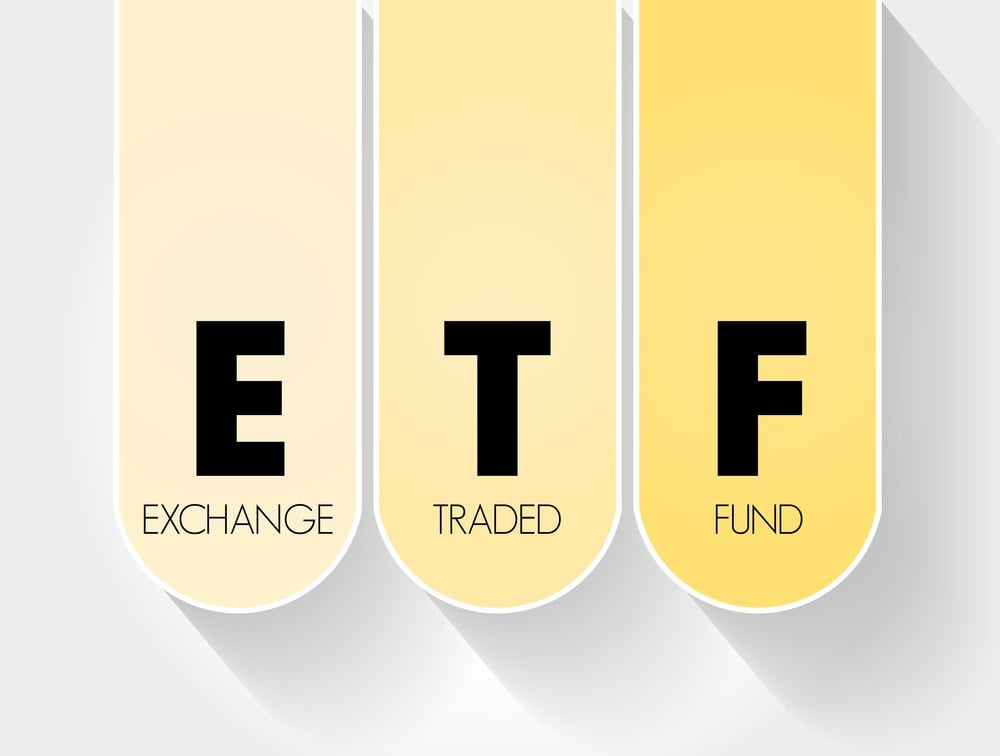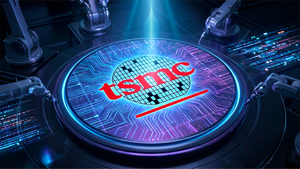Financial News
More News
View More
Flying Cars and Rising Bars: The 2026 eVTOL Breakout Begins ↗
January 06, 2026
Constellation Energy Stock: Why Nuclear Is the New Tech Trade ↗
January 06, 2026
2 Very Different Ways to Trade Tesla as January Earnings Approach ↗
January 06, 2026
Why an NVIDIA Chip Could Supercharge TSMC’s Next Rally ↗
January 06, 2026
Redwire Is Quietly Winning the Space Economy’s Next Phase ↗
January 06, 2026
Recent Quotes
View More
Stock Quote API & Stock News API supplied by www.cloudquote.io
Quotes delayed at least 20 minutes.
By accessing this page, you agree to the Privacy Policy and Terms Of Service.
Quotes delayed at least 20 minutes.
By accessing this page, you agree to the Privacy Policy and Terms Of Service.
© 2025 FinancialContent. All rights reserved.









